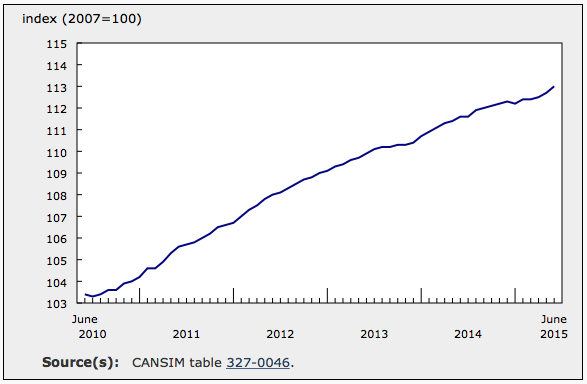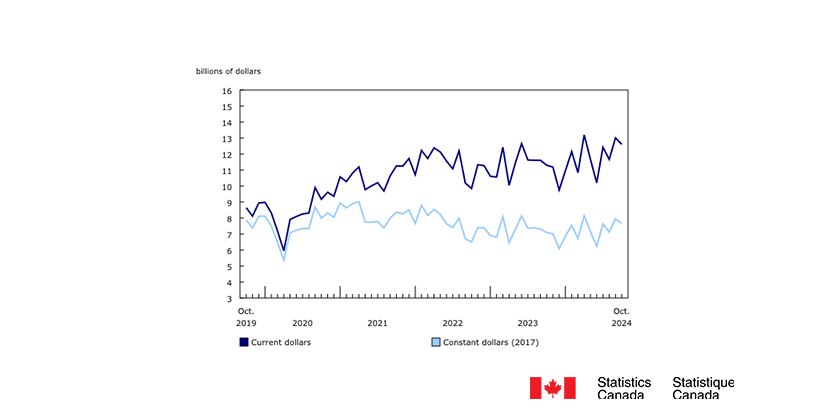Remembering the Difference We Make

November 21, 2016
By Keith Sones
As citizens of modern civilization, we enjoy any number of luxuries that our ancestors had no idea even existed. Food preparation and delivery systems allow us to drop by our local supermarket and, within minutes, stock up on groceries that 500 years ago would have taken months to assemble, if they were able to at all. Want to spend the weekend in Toronto and catch a concert or Leafs game? No problem, thanks to airlines and aircrafts that will whisk you away, thousands of miles in a few hours. Bored? Grab the remote control, hit the couch in your heated/air conditioned living room and flash up Netflix on your fibre enabled 4K TV.
Several years ago my niece was married in a splendid ceremony near Jasper, Alberta. A few months later she accepted a great job back east, so she and her husband packed up and headed to their new home in Toronto. They arrived early in the day on Thursday, August 14, 2003. Shortly after they dropped their bags in their suburban apartment, the power went out. And it stayed out.
Unbeknownst to them and millions of other Canadian and U.S. residents at the time, a series of events involving power system monitoring, transmission lines and trees had blacked out a huge swath of the heavily populated central and eastern portion of North America. And they were about to learn how valuable electricity really is in our society.
As the newlyweds had literally just set foot in their new quarters, the fridge and cupboards were empty, so finding a meal became their priority. With little cash on hand, they set out through the darkened streets to find an ABM, only to realize that no power meant the money machines were of little use. Stores and restaurants were also closed, so they stayed hungry that day.
It took them until late Friday to find a small pizza place that was open. By now they had also recognized that credit card machines were about as much use as a brick when the banking systems were down, which had happened. Life as we know it had fundamentally come to a standstill.
Access to a reliable and ongoing source of electricity has become almost as essential as air, food, and water. In light of the eastern blackout, the regulatory agencies weighed in and set new requirements for system inspection and the management of vegetation (trees, not gardens). However, there is an increasing phenomenon that is having and will continue to have a dramatic effect on the continued flow of electricity – the age of the power system.
After the Second World War, a pent up demand for products and services led to a significant increase in business across North America, and an expanded electric power system was needed to accommodate this new activity. This addition of new power facilities continued through the 1950s, 1960s and much of the 1970s. The engineered life span of many of these new assets was about 50 TO 60 years, which means that today many towers, poles, wires and substations are past their “best before” date.
The renewal and expansion of the power system was followed by a couple of decades of cost restraint. Since much of the North American power system was relatively new, it could withstand a reduction in maintenance efforts. However, over the ensuing years the facilities started to feel the effects of age, storms, and increased power demand.
In 1960, a total of 200 billion retail gigawatt hours were sold in the US. Canadian figures are similar relative to our population. By 2013 this number had climbed seven fold to just under 1400 billion.* Electricity use has become evermore popular, and while demand side management programs have helped reduce consumption to a degree, there are a lot more electrons flowing through the North American system than in years past.
So, the next time you are involved in assembling a new structure, designing a new substation, changing a crossarm, splicing fibre, or supporting those that do, remember that you are contributing to something really important. The millions of people whose lives depend on what we do will be very thankful.
Keith Sones is Vice President, National Business Development, Valard Group of Companies.
*Source: https://www.eia.gov/state/seds/data.

















